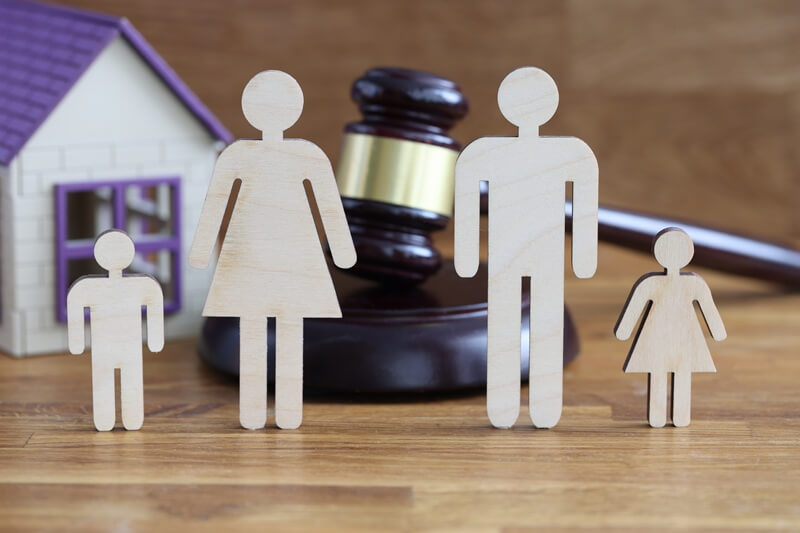What Is Expungement?
What Is Expungement?
1. What Is An Expungement?
A successful expungement action will result in the deletion of certain police and court records pertaining to a criminal case from public access. The record is removed from public access but is not destroyed.
2. Am I Eligible For An Expungement?
You Are Eligible For An Expungement If:
– you were acquitted (i.e. found “not guilty”);
– the Commonwealth entered a “nolle prosequi” (i.e. declined to prosecute the matter);
– the case was otherwise dismissed (i.e. pursuant to an accord and satisfaction, or if you plead guilty to a non-lesser-included offense, such as pleading guilty to reckless driving on an original charge of marijuana possession);
– you received an absolute pardon (unlikely);
– your name was mistakenly used in a case of mistaken identify (equally unlikely).
You Are Not Eligible For An Expungement:
– simply because a conviction on your record is making it hard for you to get a job or security clearance;
– simply because the conviction happened a long time ago;
– if you were found guilty of the original charge or a lesser-included offense;
– if you were given a deferred disposition (i.e. first time alcohol/marijuana use, first time family assault & battery, etc.) and the charges were dismissed upon your completion of the probationary period
3. What’s The Process Like?
It starts with a “Petition for Expungement,” which is a formal request to the Court to expunge your record. The Petition must be served on the Commonwealth’s Attorney, who may object to the Petition within 21 days of receiving notice.
Next, the Petitioner (“you”) takes a copy of the Petition to the local police department, which will fingerprint you and send those prints to the Central Criminal Records Exchange (“CCRE”) to confirm your criminal history. Once the CCRE returns the results to the Court, a hearing with the Court will be scheduled where a judge will determine whether the record should be expunged.
4. What Are My Chances Of Successful Expungement?
It depends on what your record is like and what you trying to have expunged. If you have no prior criminal history and you are looking to get a misdemeanor charge expunged, you are entitled to an expungement unless the Commonwealth can show good cause why you shouldn’t get one. If you have a prior criminal history and/or you are trying to get a felony charge expunged, you have to prove that the “continued existence and possible dissemination of information relating to the arrest of the petitioner causes or may cause circumstances which constitute a manifest injustice to the petitioner.” An experienced expungement attorney can make that argument to the Court for you.
5. So If The Charges/Records Are Expunged, Am I Totally In The Clear?
Not exactly. Once a charge has been expunged, a job applicant in Virginia need not reveal the charge on the employment application. In fact, it is a crime for most potential employers to even ask about expunged charges. However, these laws do not apply to federal security background checks. In addition, there are private organizations that collect criminal history information. While the CCRE is bound to expunge the data and keep it hidden, it is not clear to what extent the private organizations are bound by the same law.
6. So How Much Does All Of This Cost?
Most likely somewhere between $600 and $XXXX depending on the facts of the case. If you have a clean record (with the exception of the charge to be expunged), it will be less expensive because the process is easier. If not, it will require more preparation. Contact us at (703) 844-4118 to schedule a free initial consult regarding expungement.




